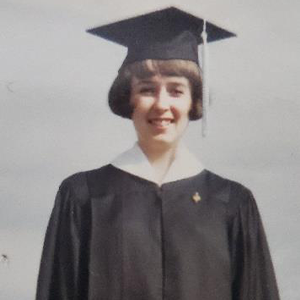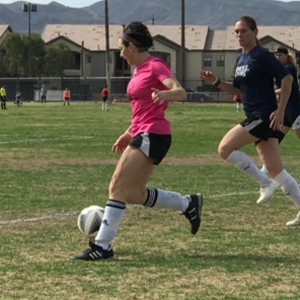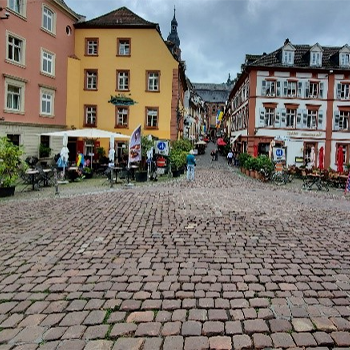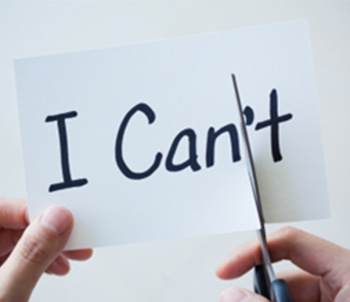
My mother got her college degree when she was almost 73 years old. She died of cancer before she turned 74. Was it worth it? I think she would say, “Definitely!” She participated in BYU’s remote education program in the 1990s, before virtual education and even email was a thing. This was made even more difficult because she was living in Brazil. All communication with professors and assignments had to be mailed back and forth.




